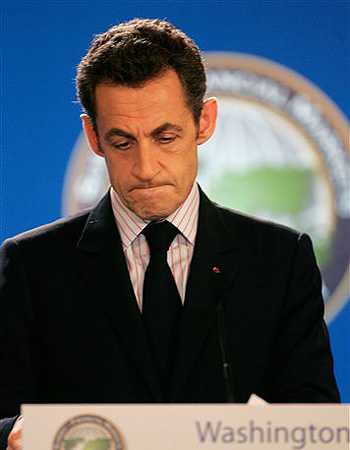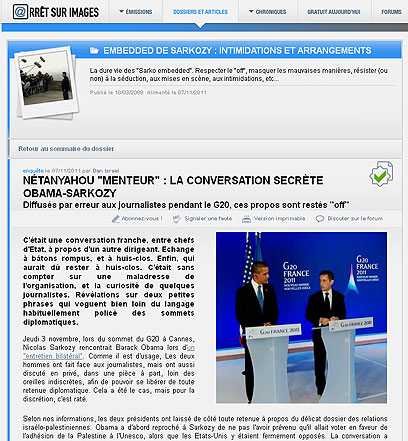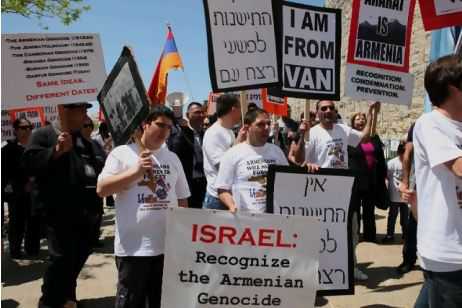Last month marked the fifth anniversary of Israeli soldier Gilad Shalit’s kidnapping, who was just 19 when Palestinian militants captured him during a cross border raid. Since 2006, he has been held by Hamas in Gaza with none of the rights accorded to a captured soldier under the Geneva Conventions. Successive attempts by Israel and European powers — such as France and Germany — to negotiate his release have failed. Even with intervention by the new Egyptian government, talks appear to have stalled.
It has recently emerged that in the spring of 2010, prior to the Israeli Defense Force raid on the Mavi Maramara ship sailing as part of a flotilla transporting aid to Gaza, Noah Shalit (Gilad’s father) wrote to Turkish Prime Minister Erdogan requesting his assistance in brokering an agreement with Hamas for his son’s release. Prominent Turkish-Israeli businessman Eliko Halit Donmez has revealed that he handed the letter to Erdogan himself, and told the Anatolia News Agency that he believed Erdogan had the most influence on Hamas, consistent with Turkey’s growing foreign policy influence in the region.
At the time, Noah Shalit had also requested an audience with Erdogan, but given the furor over the flotilla incident, his request was never met. Reports have recently emerged of a thawing of relations between Ankara and Jerusalem in response to the political upheaval occurring in the Middle East and North Africa. If relations between Israel and Turkey were to ease in the coming weeks, would Erdogan move to strengthen Turkey’s standing in the Middle East by agreeing to mediate in discussions between Israel and Hamas over the Israeli soldier’s release?
There are a number of potential obstacles, but it appears to be possible. First, of course, bilateral relations between Israel and Turkey would need to be normalized. The UN’s Palmer Commission Report on the Mavi Marmara incident will not be released until July 27, but is expected to uphold the legality of Israel’s actions while opening the door to Israeli compensation to the victims’ families. That should close the chapter and permit both countries to move forward. Ozdem Sanberk, the Turkish member of the UN panel investigating the IDF raid, told the leading Turkish newspaper Hurriyet that talks between Israel and Turkey on repairing their tarnished ties will take place and conclude in late July, hinting at a breakthrough. Similarly, on a recent visit to Romania, Israeli Prime Minister Netanyahu commented that Israel was “trying to make concrete steps. Apart from the fact that Turkey did not participate in the last flotilla [to the Palestinian territory of Gaza], there are other signs allowing us to talk about an improvement in our relations.” Given the reelection in June of the Justice and Development Party as the majority party in Turkey, Erdogan has increased leverage regarding foreign policy decisions.
Second, if relations are reestablished, Turkey would need to agree to mediate in the negotiations between Israel and Hamas. By recognizing Hamas as a legitimate political party, Turkey has an automatic entry point in such negotiations. Doing so is consistent with Turkey’s ongoing efforts to establish itself as a stable, influential voice in the Muslim world. Alon Ben Meir, writing for ‘Today’s Zaman,’ commented that “Turkey understands that if it wants to play a leadership role in the Middle East, in particular in the wake of the Arab uprisings, and still influence Israel’s policy, then it has no choice but to deal with Israel as a key player in resolving several regional conflicts, including those along Turkey’s borders.” A positive result to the Shalit dispute would represent a significant development in the wider Israeli-Palestinian conflict. If Turkey were seen as being instrumental in effecting his release, it would dramatically bolster its international image, which has been complicated by its historical ties and recent opposition to the Assad regime.
Third, the Israeli government would need to formally request Turkey’s mediation. It was Noah Shilat who asked for Erdogan’s help, not Benjamin Netanyahu, and a notoriously stubborn Israel would undoubtedly find it difficult to ask Turkey to bring Hamas to the negotiating table. On the other hand, if Israel created a meaningful opening for dramatic improvement in bilateral relations with Turkey by doing so, and if Turkey were successful in securing Shalit’s release, all sides would gain something quite useful, which may indeed be an incentive to do just that. Israel could also use a public relations boost following the controversial law passed this week that made it illegal to call for a boycott against the state or its settlements on the West Bank. Israel’s Dahaf Polling Institute estimates that 69% of Israelis favor a deal with Hamas to secure Shilat’s release, and any move by the government to ensure this happened would be well received, especially since Turkish and Israel economic ties remain strong.
Netanyahu recently revealed that during German-mediated talks with Hamas, Israel accepted a German proposal for the release of hundreds of Palestinian prisoners being held by Israel in exchange for Shalit’s release. The proposal was unfortunately rejected by Hamas but did showcase a new willingness by Netanyahu to contemplate a mass release of high profile Palestinian prisoners.
The final obstacle of course, is Hamas. As their refusal to accept the German proposal shows, the ruling party in Gaza is not eager to concede and has denied Netanyahu’s claims that Israel accepted a proposal in the first place. They insist on the release of Marwan Bagouti, currently serving five life sentences in Israel for murder, and often seek to highlight the asymmetrical nature of the dispute, arguing that they only hold one individual captive whilst Israel holds thousands. This is where Turkey’s growing stature in the Middle East is of critical importance. Along with Egypt, it was influential in promoting the reconciliation between Hamas and Fatah. Since the flotilla incident, Erdogan has been viewed in the Arab press as Gaza’s champion against the flotilla siege strongly in favor of Palestinian/Turkish relations. Donmez’s belief that Erdogan was the ‘only power to have an influence over Hamas’ has been echoed by analysts in the region, such as Ben Meir, who commented that “Turkey’s role as a stable, influential voice in the Muslim world places it in a prime position to engage Hamas and to emerge as an influential conflict mediator.”
Behind the scenes, moves are already being made to reestablish Israeli/Turkish political ties, with the two countries close to reaching a consensus on appropriate action following the results of the UN report. This will close an unfortunate chapter in the two countries’ political history and will allow them to move forward with what has been an important regional relationship. Once ties are re-established, momentum will build and Turkey will once again be in a position to facilitate a deal that will finally bring Shalit home.
Daniel Wagner is CEO of Country Risk Solutions, a political risk consulting firm based in Connecticut, and also senior advisor to the PRS Group. Joe Feinmann is a research analyst with CRS, based in Glasgow.






